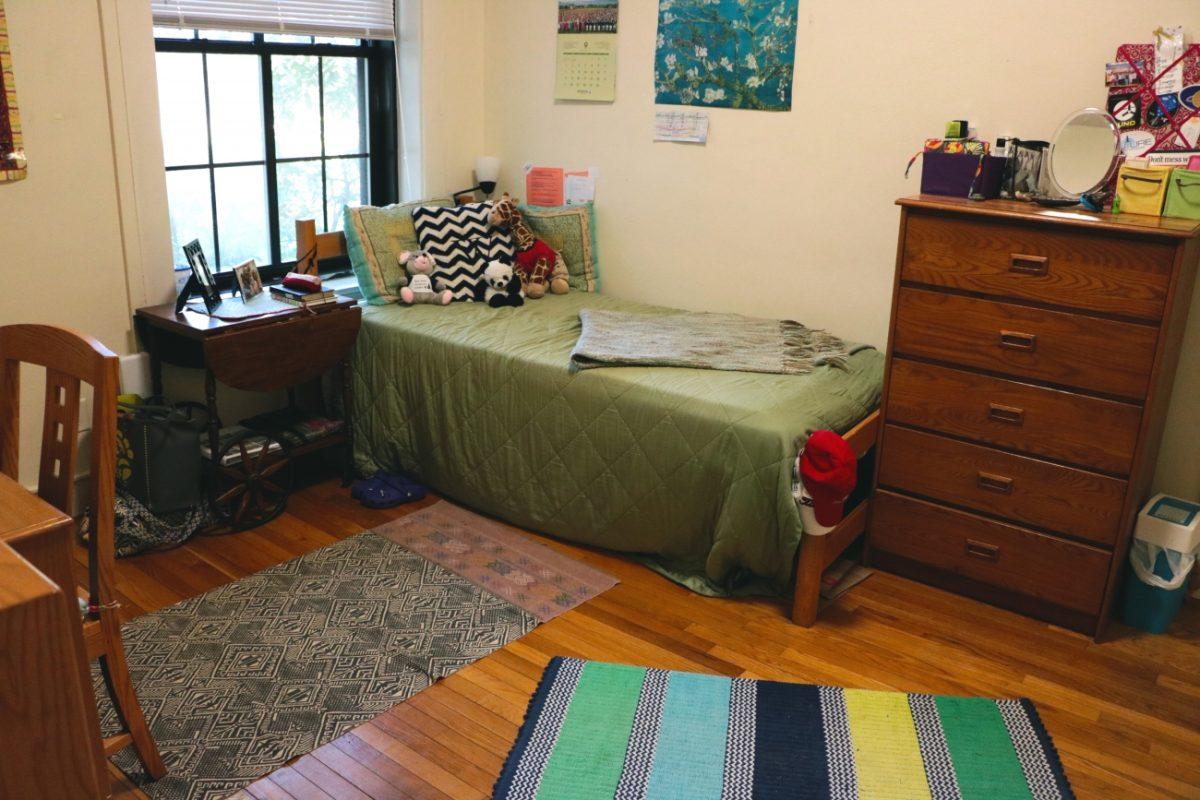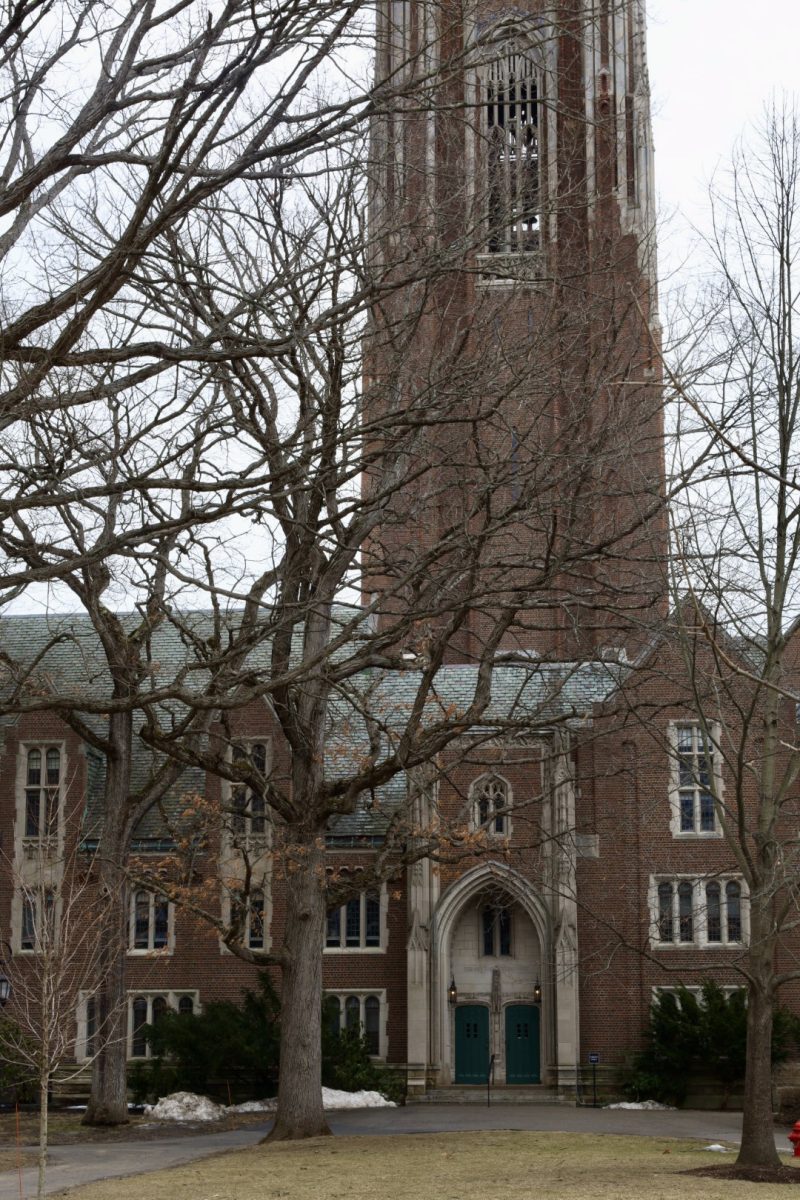When applying for medical singles after “standard room selection” before the start of the Fall semester, Wellesley College students are not guaranteed a change in housing, nor do they know when they will be able to move into a single. This was the experience of Wendy Wellesley, who remarked, “When you’re approved, you go on waitlist because there are no rooms. I just have to hope that there are rooms in the spring, but who knows?”
Wendy decided to apply for a medical single because she “need[s] her own space for mental health issues.”
“For me, [getting a medical single] is going to make my Wellesley experience an actual college experience,” they said. “Hopefully, it’ll help me deal with my mental illness and, one day, recover.”
Another student, Sofia ’23, considered applying for a medical single at the beginning of their sophomore year. They have some conditions that make them extremely sensitive to noise and light, where ordinary sounds, such as that of a car driving, footsteps outside a dorm or a phone notification are enough to wake them from deep sleep.
“It was important for me to have a space where I could always control the internal noise level of the room even if I cannot control the external environment,” they said.
Jim Wice, the director of Accessibility and Disability Resources (ADR), discussed the process of assessing whether or not students are eligible for a medical single once they apply. He explained that the Housing Accommodation Review Committee reviews each request on an “individualized assessment of need.”
Helen Wang, director of Residential Life and Housing, explained that the review committee is made up of a member of the Res Life & Housing staff along with representatives from ADR, Health Services and the Stone Center Counseling Services. All requests must be documented with evidence of a disability. Students are required to meet with either Rebecca Melville, the assistant director of ADR, or Wice for an initial intake regarding their request.
“The committee then reviews information provided by the student, the intake done with ADR, and documentation to determine if there is a disability, which may be physical, mental health, as well as other major limitations to life functions, to identify what symptoms or issues may or may not be addressed by the accommodation requested or another reasonable accommodation,” Wice said.
Regarding their experiences with the process of requesting a medical single, Wendy recalls that they needed to write their own statement for the committee, as well as obtain a statement from their counselor at the Stone Center. Although they appreciate the thorough process of requesting a medical single, she also felt that the process is emotionally exhausting.
“I was forcing myself to answer every single question until I told them that it might be better for my counselor to answer for me, and I was only told that I didn’t have to answer all the questions after it was clear that I was uncomfortable,” Wendy said.
Although Sofia began reaching out to psychiatrists in Oct. 2020, they only received their documentation in June of this year. Busy studying abroad, they started the process of requesting a medical single in Oct. 2021.
“Truthfully, the process at Wellesley of applying was not difficult. What was difficult was receiving the testing to get the diagnoses and documentation that proved that I needed a medical single. I was directed to apply through AIM but the website was impossible to navigate and wouldn’t accept my information,” they said.
Instead, they met with Wice, and later received an email confirming that their request was approved and that they were placed on the waiting list for a medical single.
As of Nov. 6, both students have not been told anything about the availability of singles for the Spring 2022 semester, other than the fact that they would be on the waitlist until there was an opening. Regarding availability of medical singles, Wice stated, “There is not a specific number of singles reserved for this purpose. Each year we evaluate based upon need.”
According to Wice, it is difficult to accommodate students who are approved after the deadline, which is before standard room selection in the summer and before the start of the academic year.
“If there are alternatives that might achieve the same results and accommodate a disability in a different way, these can be discussed and pursued in coordination with residential life,” he emphasized.
Additionally, the committee said they “prioritize efforts to accommodate students who may be on the waitlist.”
Sofia relayed their feelings of frustration with the process, as it took nearly half a year to obtain the necessary documentation.
“Had I not been studying abroad, I would have missed the deadline to apply for a Fall semester medical single because I would not have had the diagnosis or documentation available,” they said. “I just wish there was another route students in that position could turn to so that their needs are met as well.”






